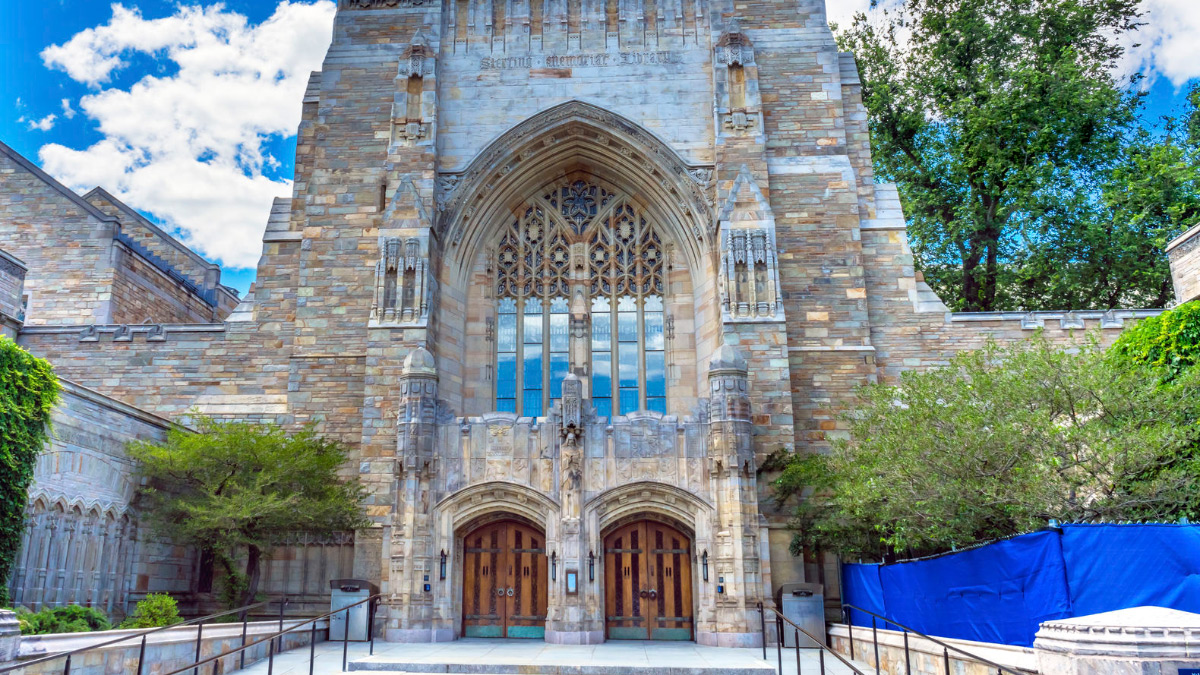Whenever something is sold at prices below the market-clearing level, so-called “black” markets develop. Thus people paid a small fortune to scalpers to see Hamilton when it first opened on Broadway. Similarly, at elite private colleges and universities, the number requesting admission exceeds the openings available, so many are turned away. This leads to great angst, and has led to a major racial discrimination lawsuit ongoing at Harvard. Incentives are enormous to find ways to cheat the system; the more prestigious the school, the greater the incentives.
Thus it is not too shocking that dozens of persons, some relatively famous, are caught up in the latest college admissions scandal, involving fraudulent admissions to schools like Yale, Stanford, Georgetown, UCLA, University of Southern California, and Wake Forest. Apparently a so-called private college admissions counselor managed to doctor the applications of some students to make them acceptable. How? Apparently by most often representing, incorrectly, that the applicant was an excellent athlete. This was done by bribing coaches at the relevant schools to request admissions for students who actually were not athletically adept. In some cases, ACT and SAT test scores were changed via bribes. In effect, by paying lots of money, sometimes hundred of thousands or even millions of dollars, rich parents got their kids into top flight schools, thereby denying other deserving students admission.
I think that there is a lot of highly questionable policies, arguably even sleaziness, in college admissions today at the elite colleges and universities. First of all, in most other countries one’s ability to row a boat or hit a tennis ball would have absolutely no bearing on college admissions—why in the U.S.? How is academic performance, future leadership potential, or even high levels of virtue seriously related to these rather limited physical talents? Yet William Rick Singer apparently used these peculiarities of American admission practice to lead an over $25 million scam, pleading guilty yesterday to multiple criminal charges in Federal court in Boston.
Admissions scandals are not that unusual. More than a decade ago Daniel Golden wrote a great book, The Price of Admissions, in which he detailed how very rich persons making large gifts to top-flight Ivy League schools were able to get their kids admitted. Prostitution involves the payment of money to someone in exchange for a service (typically sex), but colleges who sanctimoniously argue they use purely meritocratic criteria apparently break the rules (prostitute themselves) if the payoff is big—“we are not cheap hookers, but expensive academic courtesans.” And colleges very overtly admit that they give preferences to legacies—children or grandchildren of alumni.
The use of so-called “holistic” admissions criteria by the top schools—a key issue in the Harvard legal contretemps—aids and abets admissions mischief. If admission counselors and committees can use their discretion in making decisions. they can become susceptible to bribes. Decades ago I heard rumors at my school of one such counselor admitting a student in return for sexual favors, and another of a dean taking a bribe to let a student into medical school. There have been several scandals at major flagship universities such as Texas and the University of Illinois over the admission of children of individuals with political clout.
All of this leads to anger over the behavior of elite universities increasingly acting like academic gated communities, contemptuous of public opinion and considering themselves sort of academic aristocrats—philosopher kings and queens as it were. There may well be calls to nationally adopt strictly objective academic criteria (as is generally the case in Europe), denying access to federal financial aid to schools that ignore them. There may be efforts to end legacy admissions, and raise the newly enacted and much despised tax on endowments. Ironically, the colleges themselves were almost certainly not complicit in the latest scandal, but it happened on their watch and their admission procedures enabled it.
The Alexis de Tocqueville who so admired an America full of opportunity for all would not admire a nation where the path to success is advanced by bribing rowing coaches and entrance examination proctors. Colleges argue they need public subsidies because they advance the American Dream featuring high inter-generational income mobility; this scandal certainly is another blot on that argument.













